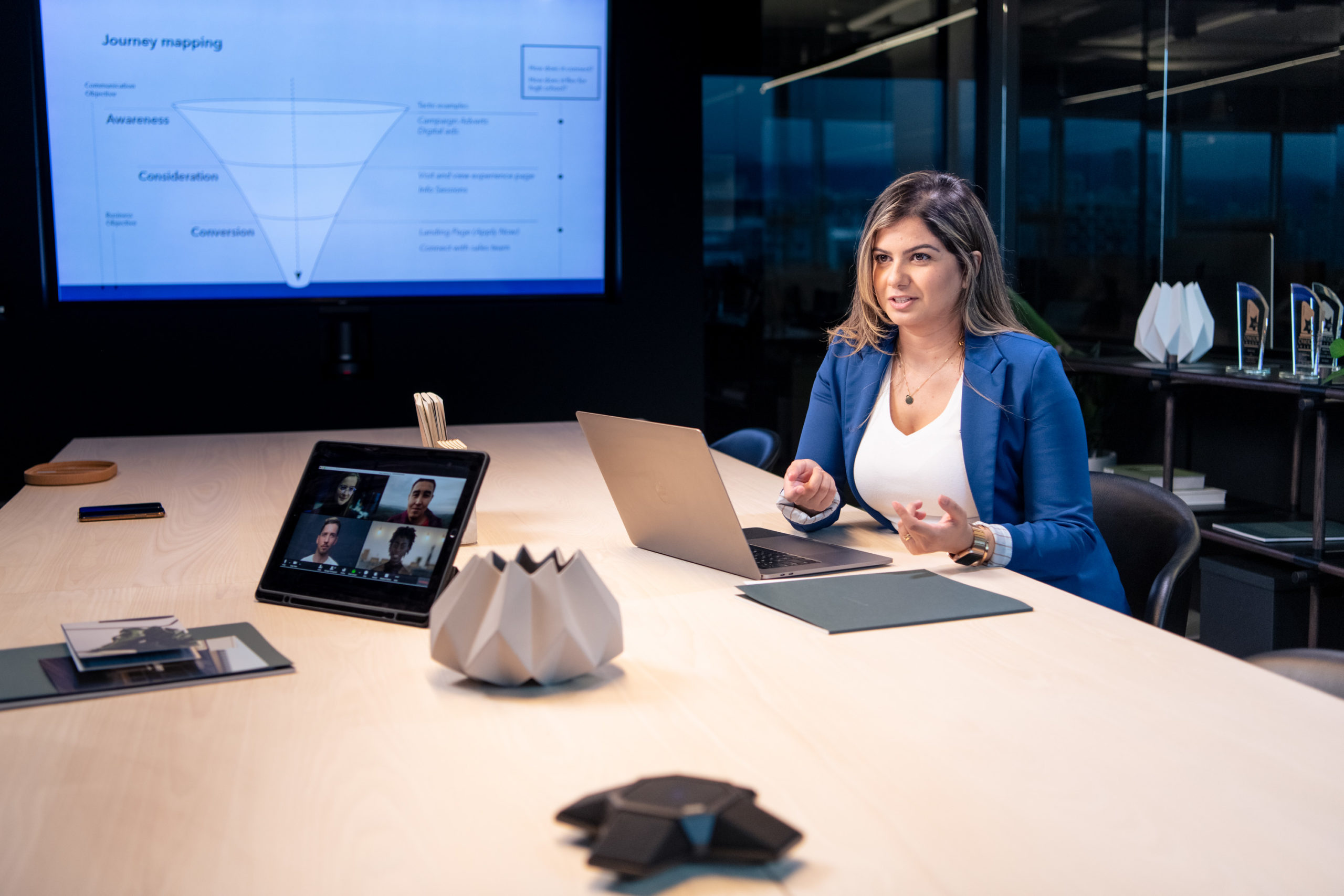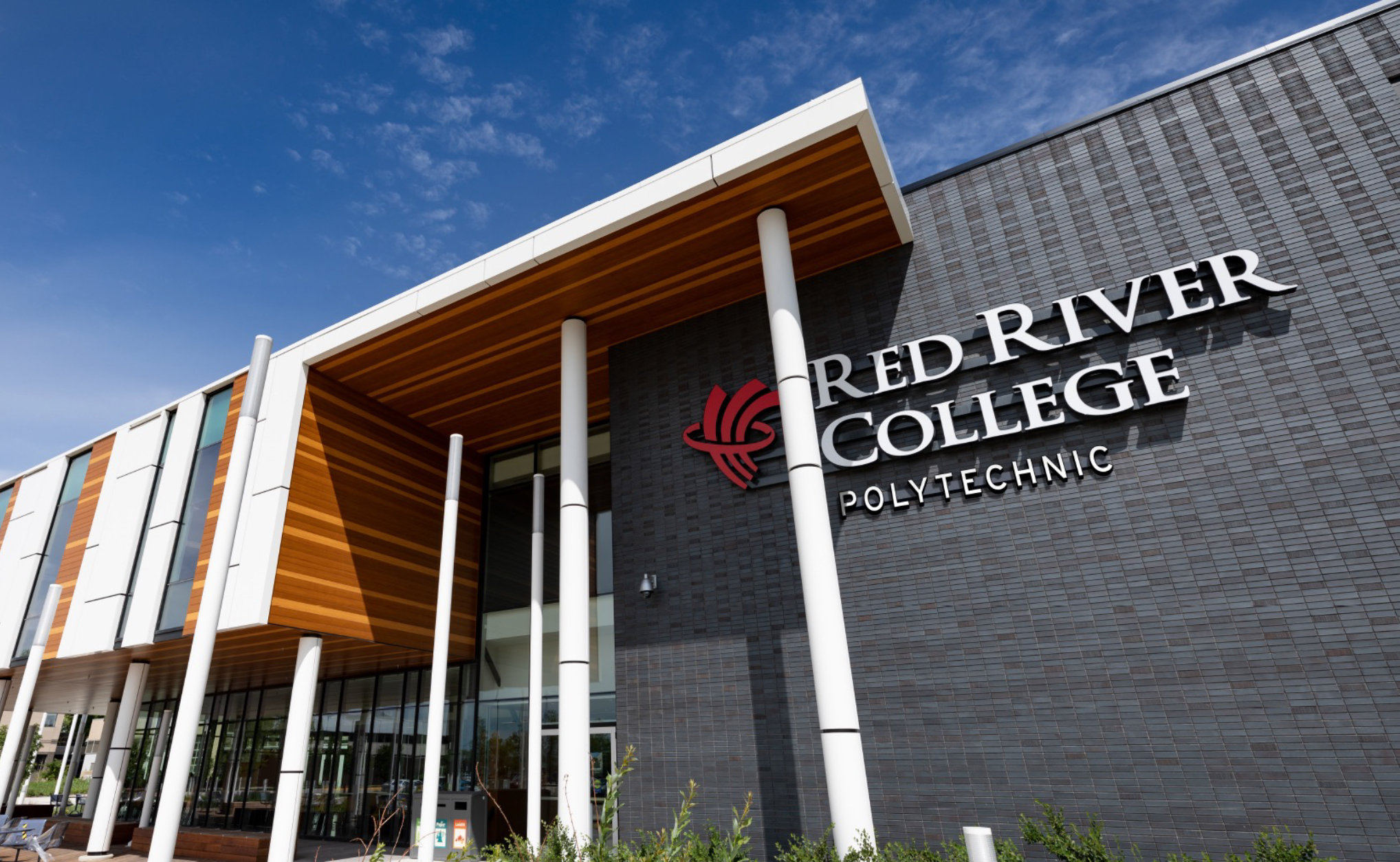Mid-career skills training will be key to addressing Canada’s labour challenges
One of the most surprising impacts of COVID-19 has been the reshaping of Canada’s workforce. While workplaces were adopting new technology and rethinking critical skill needs before the pandemic, it was remote work, school closures and health concerns that tipped the scales.
The Canadian economy has now replaced more jobs than were lost at the height of the pandemic, but high rates of job vacancy speak to a critical labour shortages in the months ahead.
Read More > “Mid-career skills training will be key to addressing Canada’s labour challenges”
Polytechnics are strengthening communities through applied research and innovation
Our economy’s ability to recover from the pandemic, and our potential to rebuild with confidence, hinges on the well-being of local industry and community partners working together. In particular, they must innovate, problem-solve and take bold risks to thrive in a volatile economic landscape.
Applied research is a powerful tool that keeps post-secondary institutions attuned to the ever-changing needs of industry and community. Polytechnic education combines academic and hands-on learning with the impact of that critical research on real-world problems.
Read More > “Polytechnics are strengthening communities through applied research and innovation”
2022 – Submission for the Pre-Budget Consultations in Advance of the 2022 Federal Budget
Key recommendations include:
- Activate applied research to enable business innovation
- Increase access, navigation and support for lifelong learning
- Make investments in post-secondary infrastructure a part of Canada’s long-term growth and development plan
- Support a robust and inclusive economic recovery
Work-integrated learning at Saskatchewan Polytechnic
Polytechnics are leaders in the delivery of experiential education, providing diverse work-integrated learning (WIL) opportunities from applied research and capstone projects to interactive simulations and apprenticeships. To stay ahead of the curve, polytechnics continuously refine and improve programs in response to learner and industry needs.
At Saskatchewan Polytechnic, the commitment to hands-on experiential learning opportunities ensures graduates are work-ready. Partnerships with organizations like Riipen and the Business + Higher Education Roundtable illustrate an ongoing effort to strengthen opportunities for learners.
Read More > “Work-integrated learning at Saskatchewan Polytechnic”
Post-secondary institutions need to step up to prepare graduates for new realities
After nearly two years of business uncertainty and worldwide economic contraction, employers across sectors are talking about skill shortages again. Job vacancies are at an all-time high only 22 months after millions of Canadians were sidelined by COVID.
Read More > “Post-secondary institutions need to step up to prepare graduates for new realities”
Red River College Polytechnic embraces innovation to transform disruption into opportunity
When Red River College changed its name to Red River College Polytechnic this past October, we made a resounding commitment to an education model that acts as a direct link between labour market needs, student talent, and applied research partnerships.
In some ways, the name change was a mere formality. RRC has been a polytechnic for years. However, in another, more critical way, officially calling ourselves a polytechnic signaled a bold step forward – and that’s in our commitment to innovate.
A new era of healthcare training: the 2021 applied learning model at Seneca
Providing learners with the practical experience and skills to excel in their industry is a key strength of Canada’s polytechnics. In the healthcare field, this applied approach prepares graduates to interact with patients. While restrictions on in-person training have eased over the past few months, safety is still top of mind in Seneca’s labs and classrooms. The challenge now is finding the right balance between hands-on opportunities and using technology to deliver substantive clinical training remotely.
Polytechnics Canada chatted with Sharon Cassar, the Academic Chair for Seneca’s School of Nursing, to find out what this looks like in practice.
Read More > “A new era of healthcare training: the 2021 applied learning model at Seneca”





